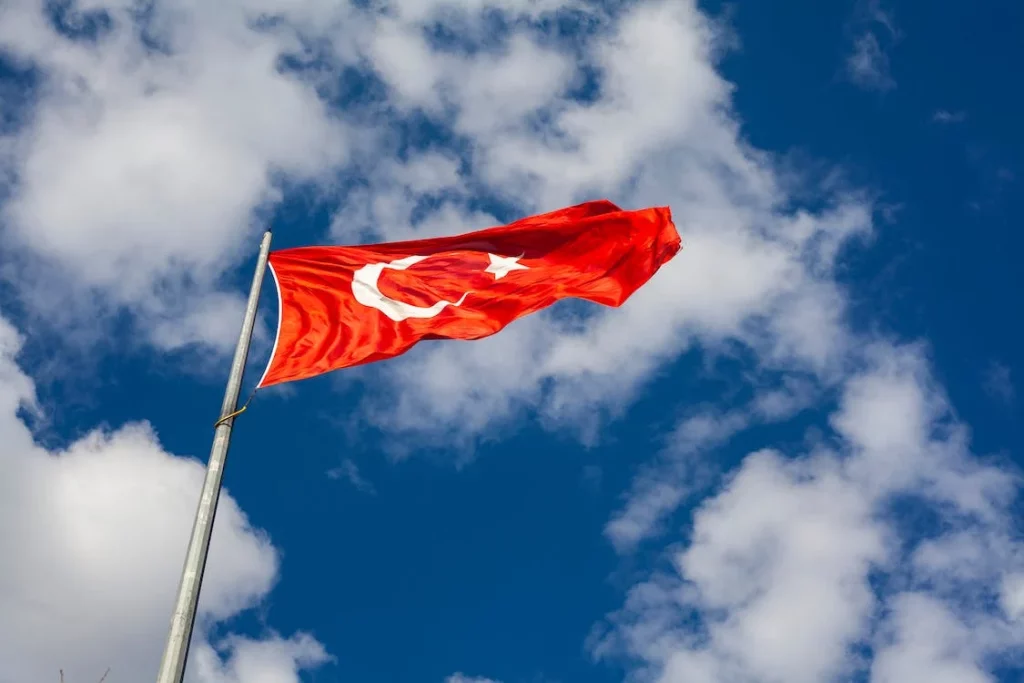How to Say Thank You in Turkish: A Comprehensive Guide


How to Say Thank You in Turkish: A Comprehensive Guide


Introduction
Expressing gratitude is an essential aspect of communication in any culture. If you’re interested in learning how to say thank you in Turkish, you’ve come to the right place. In this tutorial article, we will provide you with a comprehensive guide on expressing gratitude in the Turkish language. From basic phrases to cultural nuances, we will explore various ways to say thank you in Turkish and help you navigate social interactions with grace and appreciation.
Step 1: Basic Phrases for Saying Thank You
1. “Teşekkür ederim” (teh-shehk-KOOR ed-AIR-im)
This is the most common way to say thank you in Turkish. It is a formal expression suitable for various situations and can be used with anyone, regardless of their age or social status.
2. “Çok teşekkür ederim” (chohk teh-shehk-KOOR ed-AIR-im)
This phrase means “thank you very much” in Turkish. It emphasizes a higher level of gratitude and is appropriate for expressing deep appreciation.
Step 2: Expressing Gratitude in Informal Settings
In more casual or familiar settings, you can use the following expressions to say thank you:
1. “Sağol” (sah-OL)
This is an informal way of saying thank you in Turkish. It is commonly used among friends, family members, and peers.
2. “Sağolun” (sah-OL-oon)
This expression is a more polite version of “sağol” and is used to show gratitude in informal settings with a touch of respect.
Step 3: Other Phrases to Show Gratitude
1. “Çok sağ olun” (chohk sah-OL-oon)
This phrase is a formal way to express deep gratitude. It is often used in more formal settings or when expressing gratitude to someone of higher status, such as an elder or a person in authority.
2. “Çok teşekkürler” (chohk teh-shehk-KOOR-lair)
Similar to “çok teşekkür ederim,” this phrase means “thank you very much” and is commonly used to express a higher level of gratitude.
Step 4: Cultural Nuances and Etiquette
When expressing gratitude in Turkish, it’s important to be aware of cultural nuances and etiquette. Consider the following tips:
1. Add Polite Words or Titles
To show respect and courtesy, you can add polite words or titles before or after expressing gratitude. For example, you can say “Hocam, çok teşekkür ederim” (Thank you very much, sir) or “Hanımefendi, teşekkür ederim” (Thank you, madam).
2. Use Non-Verbal Communication
In addition to verbal expressions of gratitude, non-verbal cues can also convey appreciation. A warm smile, eye contact, and a nod can enhance the sincerity of your gratitude.
3. Follow Up with Actions
In Turkish culture, actions often speak louder than words. Follow up your words of gratitude with actions that reflect your appreciation. For example, you can offer to help or bring a small gift as a token of gratitude.
Conclusion
Expressing gratitude is an important part of interpersonal communication, and learning how to say thank you in Turkish allows you to connect with Turkish speakers on a deeper level. In this tutorial article, we explored various phrases to express gratitude in Turkish, from basic phrases to more formal and informal expressions. We also discussed cultural nuances and etiquette to help you navigate social interactions with grace and appreciation. By embracing these expressions and cultural insights, you can enhance your communication skills and show genuine gratitude in the Turkish language.








